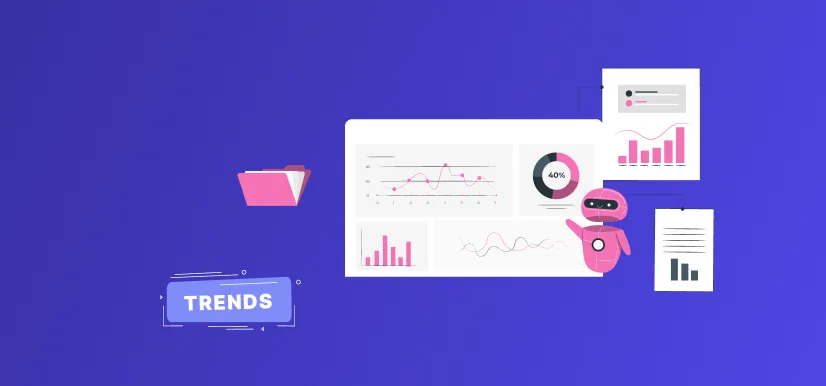Serverless CMS
What Is a Serverless CMS
Serverless CMS is a type of content management system that uses serverless computing to manage and store website content.
Unlike traditional content management systems, which require servers to run on, serverless CMS does not rely on any physical hardware or virtual machines for the actual execution of tasks. Instead, all of the processing and operations are handled by code that is running in the cloud.
What Are the Benefits of Serverless CMS
One of the main advantages of using serverless CMS is that it can significantly reduce costs. Since you don't need to purchase and maintain any physical infrastructure to run your CMS, you won't have to pay for things like maintenance fees, electricity bills, or software licensing costs. Additionally, since you only pay for what you use with serverless CMS, there are no hidden expenses or surprise charges.
Another key benefit of using serverless CMS is that it can help improve website performance. Since your content is hosted in the cloud, you won't have to worry about congestion on your own server, and you'll be able to serve up content more quickly and reliably. Additionally, serverless CMS makes it easy to scale your website as needed, which gives you greater flexibility as your website grows and changes over time.
Overall, if you're looking for an affordable, flexible solution for managing and publishing your website content, then serverless CMS may be the perfect choice for you. It offers a number of powerful features that can help you streamline your web operations and keep costs under control without sacrificing quality or performance.
How to Choose Between Serverless CMS and Headless CMS
When choosing between a serverless CMS and a headless CMS, there are several important factors to consider. For example, you should consider the level of control that each option provides over your content, as well as the degree of flexibility and customization that each option offers. Additionally, you should think about the ease of use for both options - serverless CMSs often require less technical expertise than headless CMSs in order to be set up and maintained. Ultimately, the best choice will depend on your specific needs and requirements.
If you need complete control over your content and want maximum flexibility in terms of customization and design, then a headless CMS may be the better option for you. A headless CMS allows you to build custom websites and applications from scratch, giving you complete control over the look and feel of your content. However, for many businesses and organizations, a serverless CMS may be a better choice due to its ease of use and relatively low maintenance requirements.
Ultimately, the choice between a serverless CMS and headless CMS will depend on your individual needs and preferences. If you are looking for maximum flexibility and control over your content, then a headless CMS may be right for you. However, if ease of use is more important to you than customization options, then a serverless CMS may be a better choice. Ultimately, it is important to carefully consider your needs and preferences when making this decision so that you can choose the option that best meets your requirements.
Get a weekly roundup of Ninetailed updates, curated posts, and helpful insights about the digital experience, MACH, composable, and more right into your inbox

